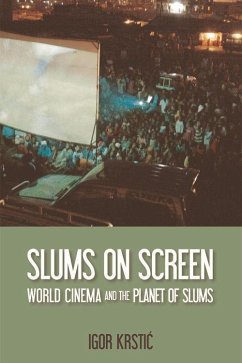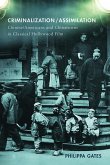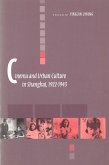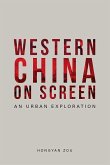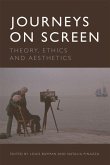'This lucid and necessary study offers a breathtaking coverage of more than a hundred years of slums in film. Igor Krstic undertakes an in-depth scrutiny of handpicked examples of the various phases of slums on screen worldwide, in the light of a rigorous, polycentric and cross-mediatic methodology. Fearlessly confronting the debates around the ethics of representing the underprivileged, Igor Krstic rises, with this book, to the forefront of film studies today.' Lúcia Nagib, Professor of Film, University of Reading Near to one billion people call slums their home, making it a reasonable claim to describe our world as a 'planet of slums'. But how has this hard and unyielding way of life been depicted on screen? How have filmmakers engaged historically and across the globe with the social conditions of what is often perceived as the world's most miserable habitats? Combining approaches from cultural, globalisation and film studies, Igor Krstic outlines a transnational history of films that either document or fictionalise the favelas, shantytowns, barrios populares or chawls of our 'planet of slums', exploring the way accelerated urbanisation has intersected with an increasingly interconnected global film culture. From Jacob Riis' How The Other Half Lives (1890) to Danny Boyle's Slumdog Millionaire (2008), the volume provides a number of close readings of films from different historical periods and regions to outline how contemporary film and media practices relate to their past predecessors - demonstrating the way various filmmakers, both north and south of the equator, have repeatedly grappled with, rejected or continuously modified documentary and realist modes to convey life in our 'planet of slums'. Igor Krstic is a postdoctoral researcher in the Department of Film, Theatre and Television at the University of Reading. Cover image: City of God, 2002, Katia Lund/Fernando Meirelles. Globo Films/The Kobal Collection Cover design: [EUP logo] edinburghuniversitypress.com ISBN 978-1-4744-0686-4 Barcode
Hinweis: Dieser Artikel kann nur an eine deutsche Lieferadresse ausgeliefert werden.
Hinweis: Dieser Artikel kann nur an eine deutsche Lieferadresse ausgeliefert werden.

